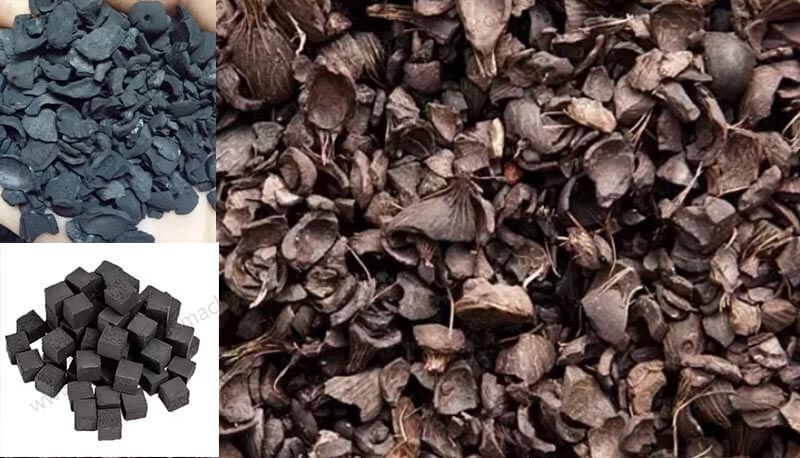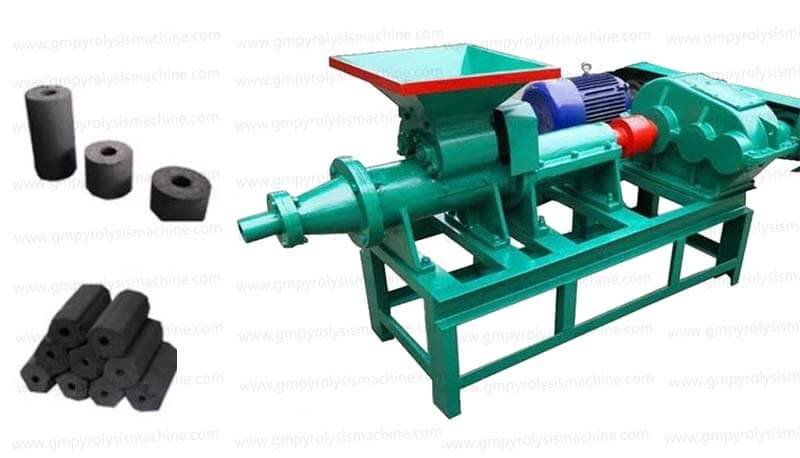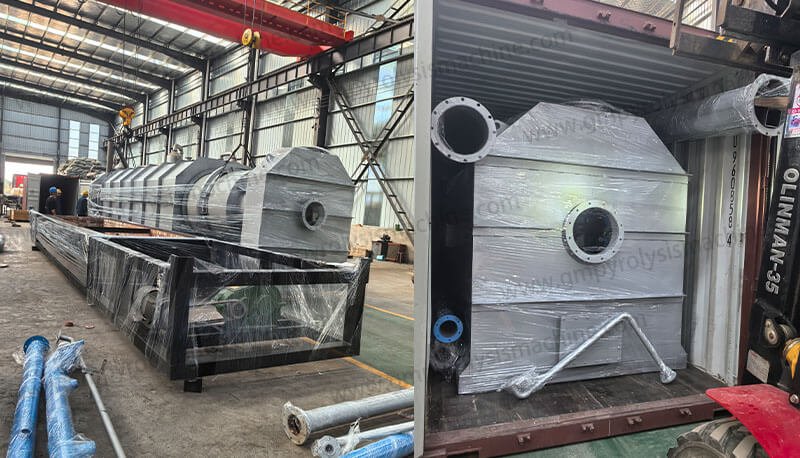As global demand for renewable energy surges, palm kernel charcoal machine manufacturers are emerging as critical players in the biofuel revolution. By transforming palm kernel shells (PKS)—a byproduct of palm oil production—into high-quality charcoal, these machines enable sustainable energy production while reducing agricultural waste.
Why Palm Kernel Charcoal Machines Are in High Demand
Palm kernel shells, once discarded as waste, are now prized for their high calorific value (4,500–5,000 kcal/kg). With industries shifting from fossil fuels to carbon-neutral alternatives, PKS charcoal is powering factories, boilers, and even steel production. However, converting raw shells into usable charcoal requires specialized equipment.
Modern palm kernel shell charcoal machines streamline this process through:
High-Temperature Carbonization: Efficiently converts PKS into charcoal with <10% moisture content.
Emission Control Systems: Reduces harmful gases like CO and SO2, meeting EU and EPA standards.
Automated Operations: Minimizes labor costs and maximizes output (up to 3 tons/hour).
For palm oil producers and biofuel startups, investing in these machines unlocks revenue from waste while supporting ESG goals.
3 Key Factors When Choosing Palm Kernel Charcoal Machine Manufacturers
1. Technology and Efficiency
Leading manufacturers like Gunama Machinery use continuous carbonization systems that operate 24/7 with minimal downtime. Look for:
Energy Recovery Designs: Excess heat is recycled to power the machine, cutting energy costs by 30%.
Durability: Stainless steel reactors resistant to corrosion from acidic PKS gases.
Customization: Adjustable temperature (300°C–600°C) and chamber sizes for varied feedstock.
2. Compliance and Certification
Reputable manufacturers adhere to international standards:
ISO 9001: Ensures quality management.
CE Marking: Guarantees compliance with EU safety and environmental directives.
Emission Certifications: Critical for exporting charcoal to regions like Europe and North America.
3. After-Sales Support
Top-tier suppliers offer:
Onsite Installation: Technicians ensure optimal setup and calibration.
Spare Parts Networks: Fast access to consumables like heat-resistant gaskets.
Remote Monitoring: IoT-enabled diagnostics to preempt maintenance issues.
Global Market Trends Shaping the Industry
Africa’s Palm Oil Boom
With Africa’s palm oil production rising by 8% annually, countries like Nigeria and Ghana are investing in PKS charcoal machine projects to monetize waste. Local governments offer tax breaks for biofuel equipment imports, creating opportunities for manufacturers.
Asia’s Energy Transition
In Indonesia and Malaysia—the world’ palm oil producers—coal-fired power plants are blending PKS charcoal to meet renewable energy targets. This has spurred demand for large-scale palm kernel carbonization plants with 10+ ton/hour capacity.
Seize the Biofuel Opportunity
Palm kernel charcoal machine manufacturers will be pivotal in meeting global renewable energy demands.





